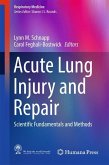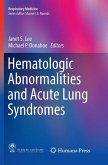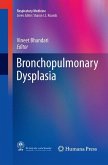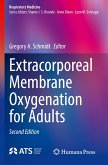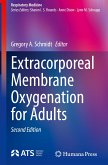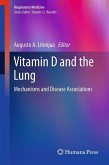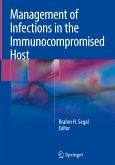Acute Respiratory Distress Syndrome (ARDS) remains an important cause of morbidity and mortality worldwide, and the incidence is predicted to increase with the aging population Several clinical disorders can initiate ARDS, including pneumonia, sepsis, gastric aspiration and trauma but despite intense research over the past 40 years, we still have an incomplete understanding of the pathophysiology of the disease and treatment remains largely supportive. This book provides an overview of acute lung injury and repair, describes current animal models to study lung injury and reviews current methodologies to study and measure lung injury and repair. Special emphasis is given to state of the art techniques and methods and relevance to human disease. Acute Lung Injury and Repair: Scientific Fundamentals and Methods is a useful resource for physicians and scientists who are interested in experimental model systems for insight into ARDS pathogenesis and treatment strategies.
"Acute Lung Injury and Repair: Scientific Fundamentals and Methods was written to serve as a resource for those who want to further their understanding of the pathogenesis of ARDS. ... this book is a useful resource for clinicians who are interested in increasing their understanding of basic science research that is currently being conducted on acute lung injury/ARDS." (Jay Berger and Ellise Delphin, Anestesia & Analgesia, Vol. 125 (5), November, 2017)
"Basic scientists and clinician investigators with an interest in ARDS are an appropriate audience for this work, which features contributions from clinicians and basic scientists in pulmonary and critical care from academic institutions ... . This is an excellent introduction to work in an area of great interest to intensivists. Investigators needing to understand approaches to an important clinical problem and clinicians needing a better understanding of relevant experimental methods will enjoy and benefit from this book."(David J. Dries, Doody's Book Reviews, January, 2017)
"Basic scientists and clinician investigators with an interest in ARDS are an appropriate audience for this work, which features contributions from clinicians and basic scientists in pulmonary and critical care from academic institutions ... . This is an excellent introduction to work in an area of great interest to intensivists. Investigators needing to understand approaches to an important clinical problem and clinicians needing a better understanding of relevant experimental methods will enjoy and benefit from this book."(David J. Dries, Doody's Book Reviews, January, 2017)


